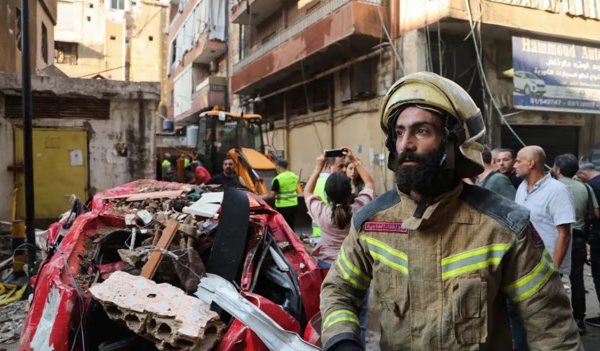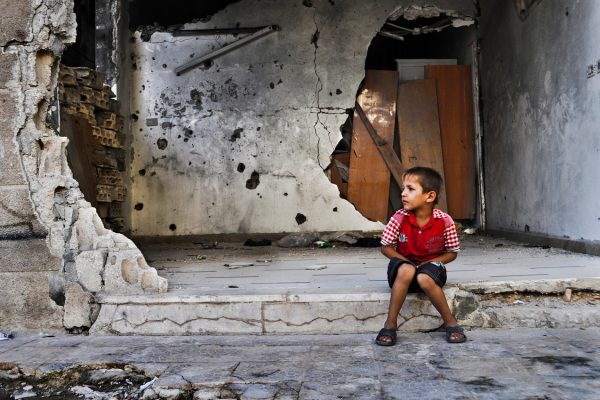There’s incredible work being done in Zanzibar – here’s how you can get involved!
There’s incredible work being done in Zanzibar – here’s how you can get involved!
In Zanzibar, the Maternal and Childhood Health Project (MNCH) stands as a beacon of hope in the ongoing battle to improve maternal and infant healthcare.
This critical initiative is the result of a collaborative effort between The Lady Fatemah Trust, the Health Improvement Project Zanzibar (HIPZ) and the Government of Zanzibar. Together, they are addressing the stark challenges faced in the region, where maternal and infant mortality rates are alarmingly high.
Despite significant strides in healthcare, Zanzibar continues to grapple with issues such as insufficient medical facilities, a lack of adequately trained healthcare professionals, and the challenges posed by remote and rural areas.
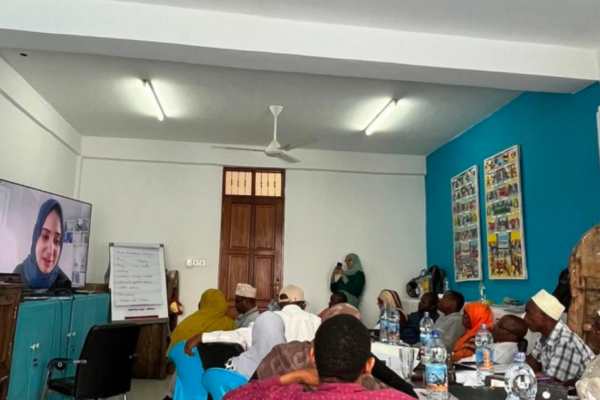
The MNCH program aims to transform this landscape by providing comprehensive training to medical professionals, enhancing leadership in healthcare management, and fostering collaboration with specialists in fields like obstetrics and pediatrics.
These efforts are crucial in a region where maternal deaths stand at 524 per 100,000 live births and infant mortality rates are 35.5 per 100,000 live births.
The project’s focus on updating medical practices and ensuring continuous learning is pivotal in making healthcare services in Zanzibar more effective and responsive to the needs of its community.
A History of Muslims in Zanzibar
The history of the Muslim population in Zanzibar is deeply intertwined with the region’s trade and political history. Islam has been present in Zanzibar since at least the 10th century, introduced by Persian traders who settled on the islands and intermingled with the native African population.
These early Muslim communities formed two main ethnic groups, the Hadimu and the Tumbatu. The influence of Islam strengthened when Arab traders began to establish outposts on the islands, with Zanzibar becoming a key center of commerce and a hub for the East African slave trade.
In the 19th century, Sufi brotherhoods grew in influence, bringing together migrants from Yemen and the Somali Coast. These brotherhoods were instrumental in integrating people from the African hinterlands into Swahili society.
During this time, Zanzibar was also under the rule of the Omani sultanate, further cementing its status as an Islamic center. By the mid-19th century, despite formal restrictions, Zanzibar remained a crucial point in the East African slave trade and the spice trade.
The islands fell under British protection in the late 19th century, leading to the eventual abolition of the slave trade. Zanzibar gained independence in 1963 but soon experienced a revolution in 1964, which led to the overthrow of the Sultan and the flight of many Arabs and Indians from the islands.
The majority of Zanzibaris today are Muslim, with Sunni Islam being the predominant denomination, followed by smaller Shia communities. The islands have since remained part of the United Republic of Tanzania, formed in 1964 following the unification of Tanganyika and Zanzibar.
Throughout its history, Zanzibar has seen a blending of African, Persian, and Arab influences, reflected in its culture, architecture, and demographics. Today, Zanzibar continues to grapple with its unique identity within the Tanzanian federation, with ongoing discussions around autonomy and federalism
Maternal Healthcare in Zanzibar: A History
The history of maternal healthcare in Zanzibar is characterized by a combination of cultural, social, and political influences, with significant developments over the years.
In the early 20th century, during the British colonial period, the Zanzibar Maternity Association (ZMA) was established in 1918. This organization, conceived by British officials and doctors, aimed to provide trained midwives for women in Zanzibar, focusing on different ethnic communities including Asiatic, Arab, and African women.
The ZMA services were primarily centered in Zanzibar’s capital, Stone Town, and were notable for not insisting on hospital care for expectant mothers, instead offering home visits which were culturally relevant for the communities.
By 1938, ZMA midwives attended up to 75% of births in Zanzibar Town. Despite its significant role, the ZMA had a complex relationship with the British colonial administration, often struggling for control and independence.
In recent years, maternal health in Zanzibar, similar to many developing regions, has faced challenges related to accessibility and quality of care.
Hundreds of thousands of women globally continue to die due to complications during pregnancy, with developing countries experiencing higher rates of maternal mortality. In Zanzibar, common complications include postpartum hemorrhage (PPH) and anemia, with a significant percentage of women being anemic.
This condition increases the risk of complications and death during childbirth. Despite these challenges, only about half of the women giving birth in both mainland Tanzania and Zanzibar are attended by a skilled health provider, with even lower rates in the northern region of Pemba Island.
Efforts to improve maternal healthcare have included focusing on the causes and prevention of conditions like PPH and anemia. Addressing these issues is crucial for reducing maternal mortality rates and improving the overall health landscape for mothers in Zanzibar.
The history of maternal healthcare in Zanzibar reflects a journey of adapting to changing socio-political landscapes and addressing persistent health challenges, with ongoing efforts to improve care and outcomes for mothers and infants.
The Lady Fatemah Trust and Zanzibar Healthcare
LFT has played a significant role in enhancing the health system in Zanzibar, reaching from local communities to the national level.
The organization started its impact in 2009 by establishing an outpatient department at Makunduchi Hospital. By 2011, the hospital was equipped to perform its first cesarean section.
The following year, LFT expanded its support to another hospital, building an outpatient department at Kivunge Hospital.
Recognizing the need for specialized care, in 2016, LFT introduced the first mental health clinics in both hospitals. The effort to provide comprehensive healthcare continued, with LFT launching community-based services and Kangaroo Care departments for premature babies in 2019.
From 2021 to today, LFT has focused on addressing mother and infant mortality through the establishment of the MNCH program, aiming to reverse the concerning trends in this area.
The Lady Fatemah Trust and Maternal Healthcare
The LFT has made significant contributions to improving maternal and neonatal healthcare in Zanzibar.
Since 2020, under their Million Mothers pledge, LFT initiated a five-year program aimed at eradicating all preventable maternal and infant deaths on the island.
This comprehensive initiative focuses on constructing and equipping top-notch maternal and neonatal facilities.
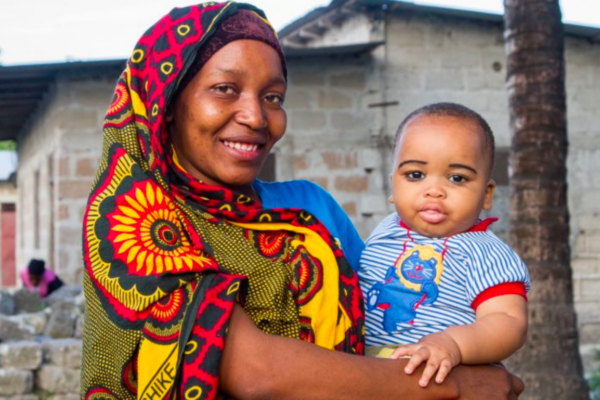
A key aspect of the program is the training of healthcare professionals, including doctors and midwives, to provide excellent care to mothers and newborns.
The project, in collaboration with local partners, aims to train 100 healthcare workers and develop facilities in primary healthcare units and district hospitals.
By enhancing skills and providing supportive supervision, LFT’s program aims to improve the detection and management of at-risk pregnancies, reduce emergencies, and ultimately eliminate maternal and neonatal deaths in Zanzibar.
The effort reflects a holistic approach to healthcare, aiming to improve service quality and community trust in healthcare facilities.
The Results So Far
The LFT has achieved notable results in its efforts to improve maternal healthcare in Zanzibar.
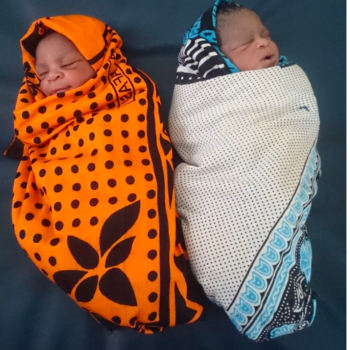
In the first phase of their program, they focused on training 246 healthcare professionals and upgrading facilities. As a result, over 16,000 mothers have received significantly improved care during their pregnancy, with over 20,000 experiencing safer labor, delivery, and post-pregnancy care.
Future Plans
Building on the insights from its initial phase, the expansion of the MNCH program focuses on enhancing RMNCAH (Reproductive, Maternal, Newborn, Child, and Adolescent Health) services in Zanzibar to foster a resilient and sustainable health system.
The program integrates crucial lessons, such as promoting national ownership, emphasizing child health, and bolstering the capacity of healthcare providers and management teams.
The current phase targets reducing mortality and morbidity among women and children by improving the quality of health services, enhancing capacity, and ensuring sustainable outcomes.
The program supports 142 health facilities, 11 district health management teams, and the Integrated Reproductive Child Health Unit (IRCH) under the Ministry of Health.
It concentrates on three main intervention areas:
- Training and capacity building of healthcare workers
- Strengthening health infrastructure and supplies
- Enhancing monitoring, evaluation, and data management.
- Training in various aspects of maternal and child healthcare
- Minor renovations of health facilities
- Provision of essential RMNCAH equipment and supplies
Furthermore, MNCH Phase 2 (2023-2026) emphasizes strengthening local ownership and the health system by working closely with the Ministry of Health and district health management teams.
This approach includes recruiting additional monitoring and evaluation officers, conducting regular facility assessments, and implementing a sustainability plan to ensure the long-term impact of the program’s achievements.
Support the project
As of now, Phase 2 is underway. With over 5,000 births occurring daily, your donations can help the LFT support more mothers to safely bring their newborns into this world.

